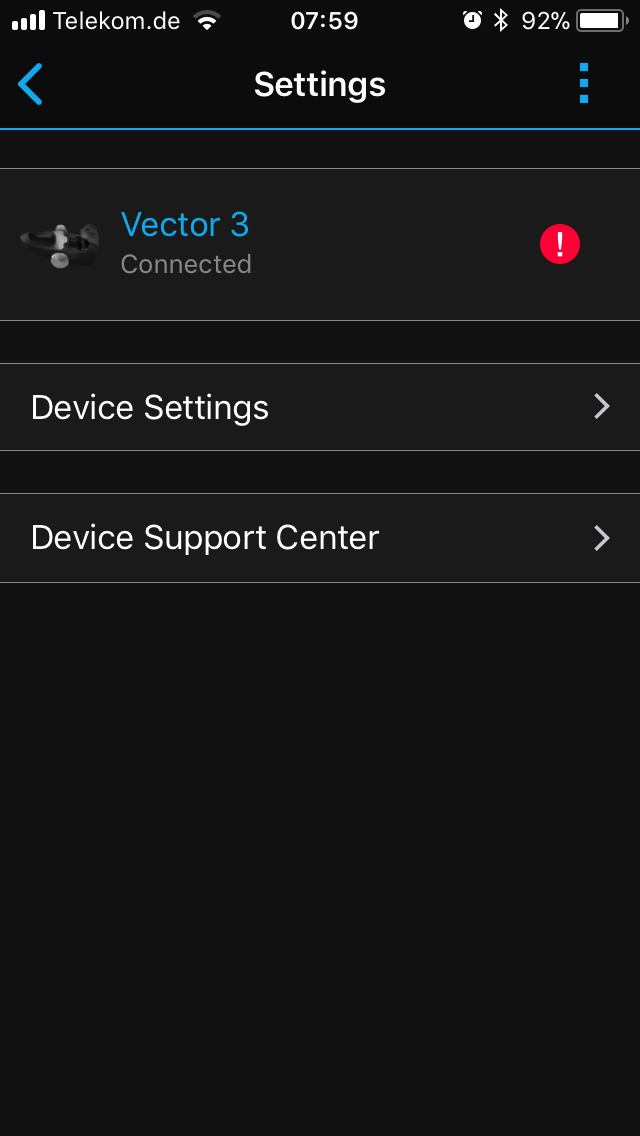Hex Comparison 1 82 Serial Podcast

Corrupt Array Variables And Memory • • • • • • • • This page's comments/discussion on Arduino Forum: Introduction This is a little writeup, with an example (carried out in the Ubuntu Linux 10. Corel Photoimpact X3 Bevel. 04 environment), of the issues discussed in these forum topics: • • • In essence, what these topics illustrate, is the fact that the Arduino's AVR microcontroller is of: ' with physically separate storage and signal pathways for instructions and data'. This means that the process of memory allocation of variables in this architecture, is slightly different from the usual process when programming usual PCs (to which most users may be used to). See also Initial example Let's illustrate that with a simple example.
Hex Comparison 1 82 Serial Port. 4/7/2017 0 Comments. Showing 1–20 of 195221 results. Hex Comparison is a binary file comparison and hex editor. File comparison Hex editor Compare file Compare Comparison Synchronization Hex. Hex Comparison 1.82 The last serial number for this program was added to our data.

This example was developed on an with an microcontroller, so let us first include its memory specifications. 98 99 RESET!! In the example, all the unchanging values used have been declared as static const variables.
Note that the counter is of type unsigned long ( and this is in order to illustrate what happens to variables with sizes greater than a byte; as an is 32 bits, or 4 bytes in size). After building (by clicking 'Verify' in the Arduino IDE), the Arduino IDE informs us about the binary produced: Binary sketch size: 2342 bytes (of a 30720 byte maximum) While this piece of info would suggest that everything should be fine - as we will see later, this binary sketch size does not necesarilly inform us whether we have allocated enough memory for our variables!
That is because for variables, we need information about utilization of static RAM (SRAM); however, this is not included in the default report of the Arduino IDE (see the posts above, though, for a patch). At this point, let us note that: • The output binary (the.hex or.elf file), in the Linux platform, will usually be under /tmp/build*.tmp/ folder.
(see ) • To debug the compilation process, Obtaining memory info from a binary After we have built the example, we have several tools in Linux at our disposal to further check the output binary - in terms of the memory specifications listed above. Why doesn't avr-gcc warn when the RAM is filling up?
The most the compiler could do is warn how much static memory (heap) is being used. A significant part of RAM utilization is determined at runtime, and it is frequently dependent on the actual input data, so it can change between program executions. The compiler has no way of knowing what data you will feed the program, and only the vaguest guess at how functions will be called. Automatic variables and saved registers consume RAM on the stack when functions are called. Functions don't get called at compile time, they get called at runtime. We might also remember the statement above, that SRAM=data+bss '.does not include dynamic memory allocated from the heap at run time' - however, none of that should be applicable here, since we don't use malloc to allocate memory (and hence, all allocations are known a-priori). So, the only thing we are left with, is to take the above value of 466 as an upper bound, SIZE max, and then keep decreasing it until we find a value that makes the code work properly.
So, starting with this kind of definitions. Static const int SIZE=466. -------------------------------------------- LOOP BEGIN: get_free_memory() reports [650] (bytes) which must be >0 for no heap/stack collision SP should always be larger than HP or you'll be in big trouble! LOOP BEGIN: get_free_memory() reports [82] (bytes) which must be >0 for no heap/stack collision SP should always be larger than HP or you'll be in big trouble!
SLASE55A November 2014 – December 2014,,, PRODUCTION DATA. • • • • • • • • • • • • • • • • • • • • • • • • • • • • • • • • • • • • • • • • • • • • • • • • • • • • • • • • • • • • • • • • • • • • • • • • • • • • • • • • • • • • • • • • • • • • • • • • • • • • • • • • • • • • • • • • • • • • • • • • • • • • • • • • • • • • • • • • • • • • • • • • • • • • • • • • • • • • • • • • • • • • • • • • • • • • • • • • • • • • • • • • • • • • • • • • • • • • • • • • • • • • • • • • • • • • • • • • • • • • • • • • • • • • • • • • • • • • • • • • • • • •.